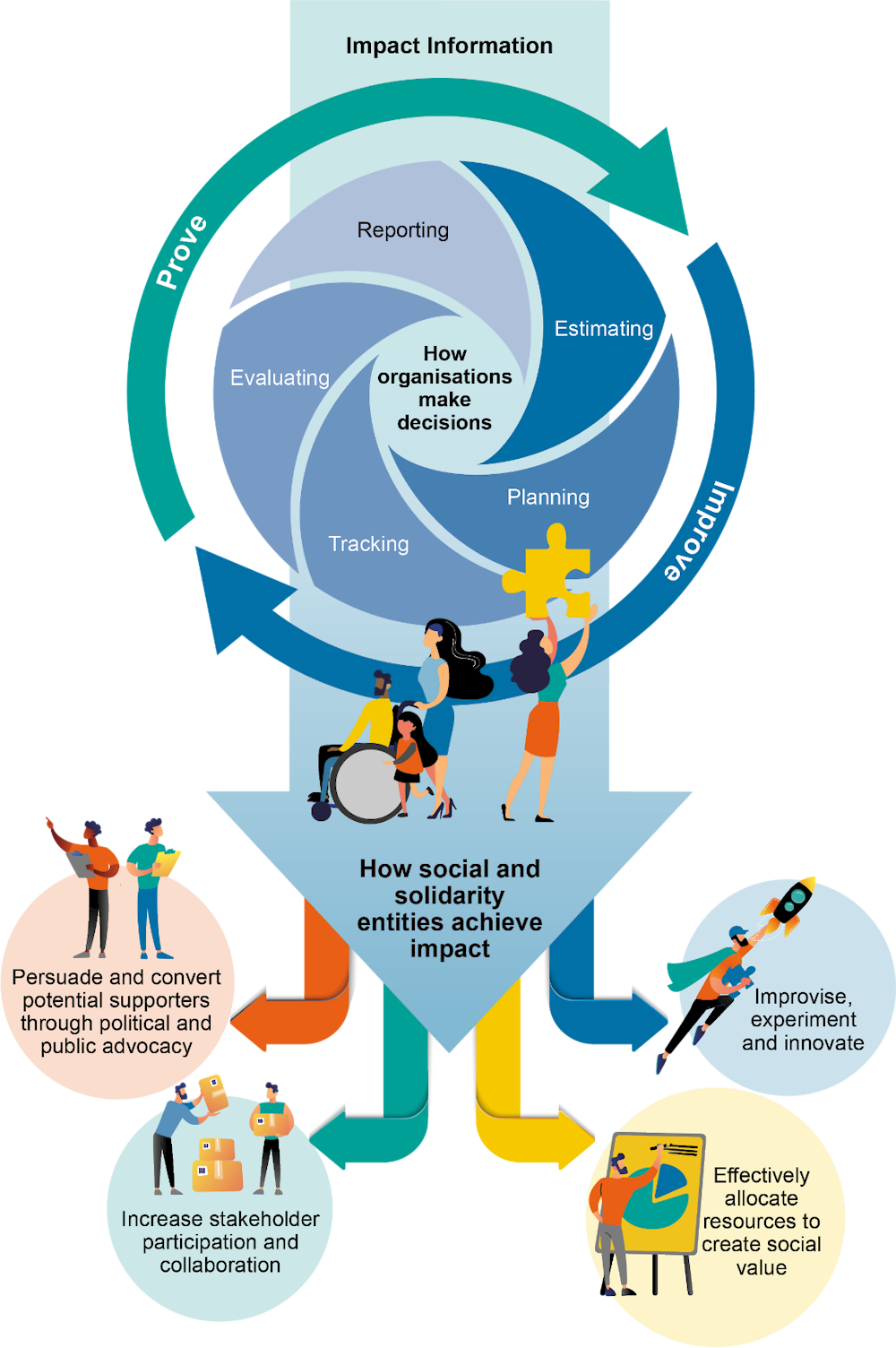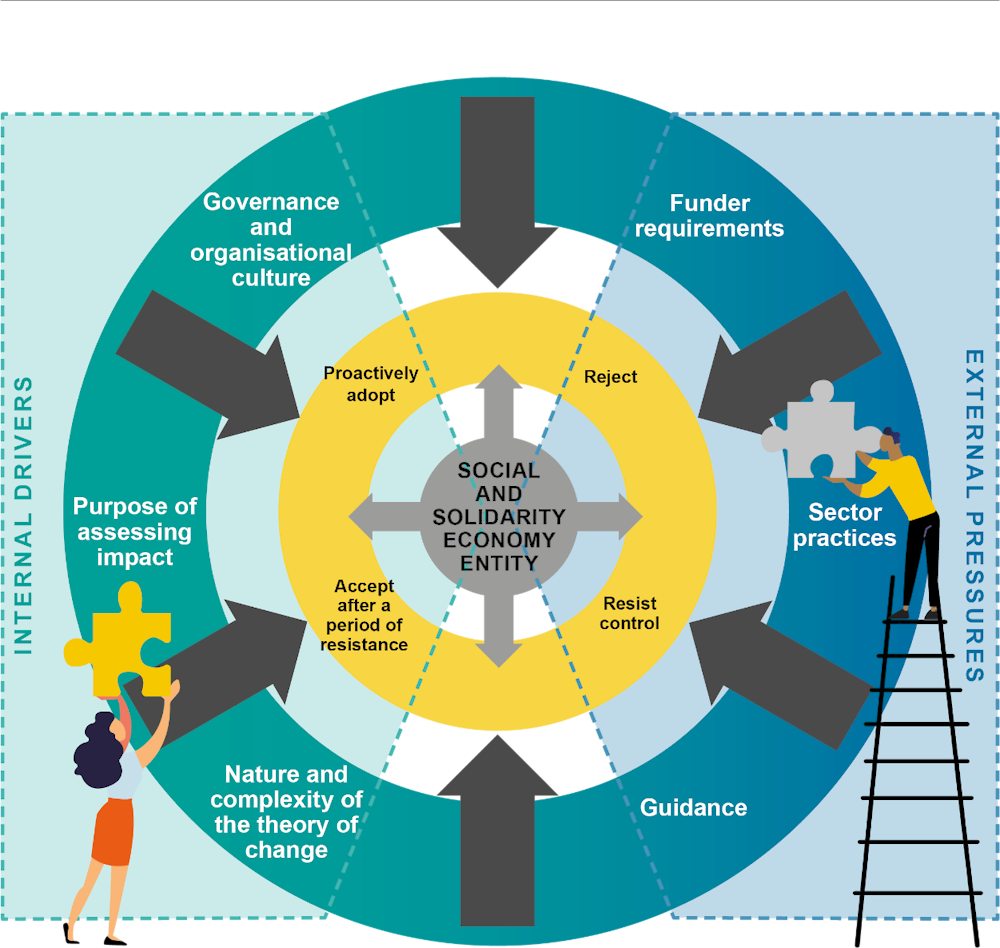The social and solidarity economy (SSE) is an important source of employment and economic development in many OECD countries and around the world. In the European Union, social economy organisations employ over 13.6 million people, which is 6.3% of the total workforce (CIRIEC, 2017[1]). In Colombia and Mexico, the SSE accounts for 4% and 3.2% of overall employment respectively, while social enterprises, one component of the SSE, employ nearly 5.8 million people in Japan and generate USD 104 billion in profits each year (OECD, forthcoming[2]). The SSE plays an important role in making economies and societies more sustainable and focussed on the needs of people and the planet.
The social and solidarity economy encompasses a diverse array of enterprises and organisations. Historically consisting of associations, cooperatives, mutual societies and non-profit organisations, the SSE has expanded to include foundations, social enterprises as well as more spontaneous community-based initiatives emerging at the grassroots level. Other notions such as the social economy, the solidarity economy and the third sector are used alongside the SSE, with the latter being the most encompassing term increasingly used by practitioners and academics, as well as at the international level. The resulting plurality of organisations, practices, business models and legal forms that have emerged across OECD member states and beyond can represent a challenge for policy makers in identifying and adequately supporting them (OECD, forthcoming[2]).


